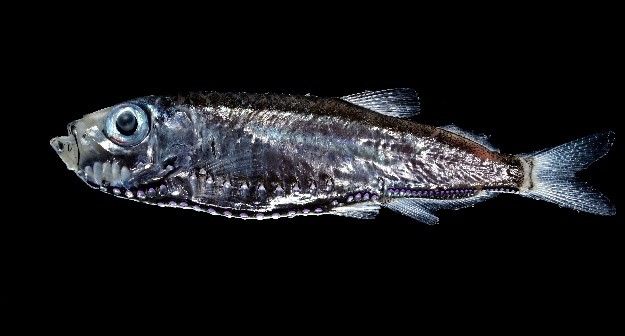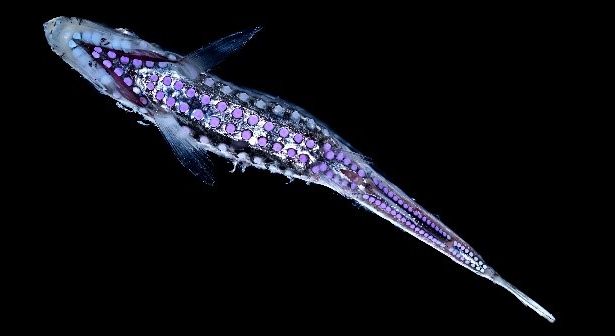As part of the SPACES network, Thünen scientists and their international project partners have published the results of their research in the Benguela Upwelling System in the series ‘Ecological Studies’ by Springer.
The entire book is available for free as an open access publication and can be downloaded in full or chapter by chapter:
Sustainability of Southern African Ecosystems under Global Change - Science for Management and Policy Interventions, Graham P. von Maltitz, Guy F. Midgley, Jennifer Veitch, Christian Brümmer, Reimund P. Rötter, Finn A. Viehberg & Maik Veste (Herausgeber)
The introductory chapter "Unique Southern African Terrestrial and Oceanic Biomes and Their Relation to Steep Environmental Gradients“, the two lead authors Dr. Anne Sell and Dr. Graham P. von Maltitz (South Africa) togehter with the SPACES partners, including Dr. Heino Fock and Dr. Sabrina Duncan, introduce the unique aquatic and terrestrial habitats of Southern Africa.
"The southern African subcontinent and its surrounding oceans accommodate globally unique ecoregions, characterized by exceptional biodiversity and endemism. This diversity is shaped by extended and steep physical gradients or environmental discontinuities found in both ocean and terrestrial biomes. The region’s biodiversity has historically been the basis of life for indigenous cultures and continues to support countless economic activities, many of them unsustainable, ranging from natural resource exploitation, an extensive fisheries industry and various forms of land use to nature-based tourism."
The Benguela Upwelling System is one of the most productive marine areas in the world, with a correspondingly high potential for fisheries. However, intensive fishing in the 1960s and 1970s led to the collapse of several fish stocks, and since then the ecological evolution of the northern and southern Benguela Upwelling Systems (= nBUS and sBUS) has taken different paths.
With lead author Dr Bettina Martin (University of Hamburg), scientists from the Thünen Institute of Sea Fisheries, Dr. Sabrina Duncan, Dr. Heino Fock and Dr. Anne Sell, and all partners of the TRAFFIC project network present "Studies of the Ecology of the Benguela Current Upwelling System: The TRAFFIC Approach". In this chapter, they present their findings from comparing the trophic transfer efficiency between the food webs in the nBUS and sBUS, respectively.
The team from the Institute of Sea Fisheries focused on the role of mesopelagic fish: based on two vessel expeditions, they were able to show that fish communities differ significantly between the two sub-regions. The researchers used microscopic, biochemical and molecular biological analyses to reveal the specific feeding behaviour of important mesopelagic fish species.
The collaboration of German, Namibian and South African researchers in the TRAFFIC (= Trophic Transfer Efficiency in the Benguela Current) project has improved our knowledge of the functioning of food webs in the Benguela Current Upwelling System and the associated impacts on fisheries and climate.
TRAFFIC was part of the SPACES II project network (Science Partnerships for the Adaptation/Adjustment to Complex Earth System Processes) funded by the German Federal Ministry of Education and Research (BMBF) in its research strategy for sustainability, FONA.
For more information, please visit our Thünen project website: A close look at the productivity of the Benguela Upwelling System (TRAFFIC).
If you have any questions on this topic, please contact Dr. Anne Sell.

![[Translate to English:] [Translate to English:]](/media/_processed_/7/1/csm_IMG_7977_large_1defaf5de1.jpg)




![[Translate to English:] Logo des Bundesministerium für Ernährung und Landwirtschaft](/media/allgemein/logos/BMEL_Logo.svg)